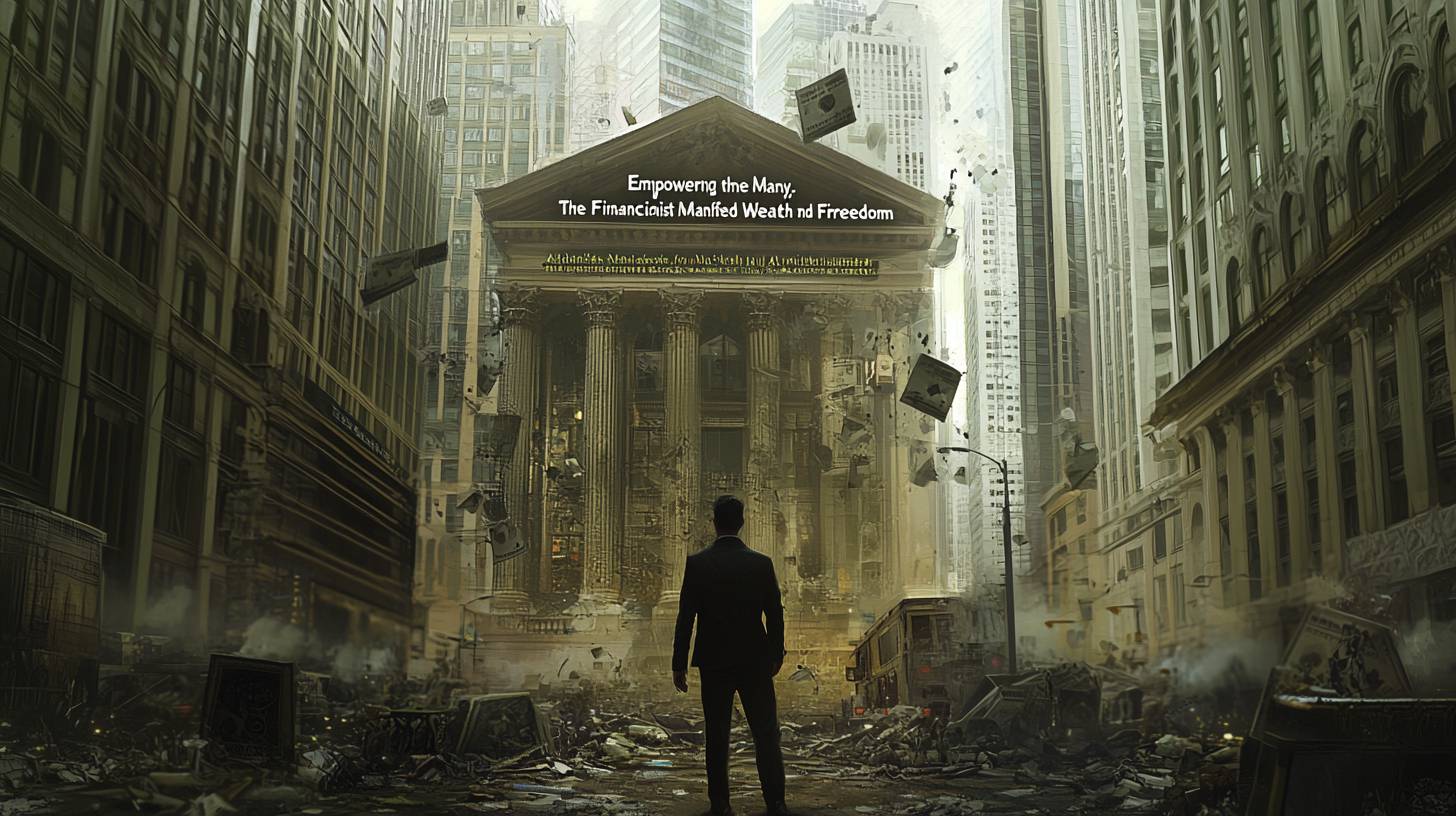
decentralization as a means of empowerment
Bitcoin illustrates this principle by offering a decentralized substitute for conventional banking systems, permitting peer-to-peer transactions without intermediaries. This is crucial in a climate where trust in financial institutions is dwindling, and people seek ways to safeguard their assets from inflation, governmental overreach, and corporate monitoring.
Nonetheless, establishing trust in a decentralized economy presents its own set of challenges. Lacking centralized oversight, participants must depend on reputation networks, social graphs, and cryptographic proofs to determine the reliability of their peers. This necessitates a change in perspective, prompting individuals to take a more proactive role in managing their trust relationships rather than delegating that responsibility to external entities.
In a decentralized economic environment, trust is not something bestowed from above; it is cultivated and sustained through open, verifiable transactions. For instance, trust in a Bitcoin transaction is reinforced by the blockchain, which documents an unchangeable history of transactions. Similarly, trust on Nostr is developed through social networks and cryptographic signatures, enabling users to authenticate the legitimacy of messages and interactions without the reliance on a centralized authority.
Decentralization shouldn’t be misconstrued as a complete dismissal of trust; rather, it’s about redistributing it. Instead of confining our trust to a singular institution, we can diversify it across a network of peers, thus creating a more robust and resilient framework. This rethinking of trust and authority lies at the core of the Financial Anarchist’s vision for a new digital economy—one that empowers individuals to make autonomous choices and shape their own economic relationships.
In Australia, where skepticism towards institutions has increased, the concept of a decentralized economy rooted in peer-to-peer trust is likely to resonate widely. Whether it’s through Bitcoin, Nostr, or other decentralized innovations, the potential to forge a more transparent, accountable, and durable economy is attainable. The Financial Anarchist imagines a future where trust is not dictated from above, but is cultivated organically, through voluntary interactions and shared respect.
Trust is foundational in any economy, whether it’s centralized or decentralized. In traditional economic systems, trust is often placed in institutions—banks, governments, and corporations—to serve as intermediaries that facilitate market operations. However, these entities have repeatedly demonstrated their vulnerabilities, facing corruption and outside influence. In Australia, the banking royal commission brought to light extensive misconduct in the financial sector, highlighting the tangible decline in trust in these institutions.
the importance of trust in decentralized economies
Source: bitcoinmagazine.com
This innovative trust model holds the promise of constructing more resilient and adaptable economies. A decentralized mechanism ensures that there is no solitary point of failure; if one network participant falters or acts maliciously, the rest of the network can persist in its operations. This sharply contrasts with centralized systems, where the downfall of a single institution can lead to disastrous ramifications for the entire economy.
However, decentralization extends beyond financial transactions. It aims to establish systems that are resilient, flexible, and immune to censorship. Nostr, a decentralized social media platform, exemplifies this concept by empowering users to control their own data and identities, allowing participation in the digital economy on their own terms, liberated from centralized control of platforms such as Facebook or Twitter.
In Australia, growing concerns over privacy and data security are making the ability to function in a decentralized setting increasingly appealing. Whether via Bitcoin, Nostr, or other decentralized technologies, the mission is to equip individuals with the necessary tools to navigate the digital realm without dependence on government or corporate dictates.
Decentralization is frequently mischaracterized as a final objective, but in truth, it serves as a mechanism—a way to enable individuals and cultivate authentic economic freedom. When considering Bitcoin and other decentralized technologies, the emphasis should not be solely on decentralization itself, but rather on how it can facilitate liberation from the limitations imposed by centralized institutions and monopolies.
Decentralized economies, such as those powered by Bitcoin and Nostr, present an alternative model for trust. Instead of depending on a central authority to mediate transactions, trust is distributed among a network of participants. This does not imply that trust is eradicated; it is merely redefined. In a decentralized framework, trust is established through cryptographic proofs, social connections, and reputation systems instead of institutional assurances.
For Australians, this notion holds particular significance. Our nation is characterized by a financial services landscape dominated by a small number of major institutions, and the hurdles for smaller entities are considerable. Decentralization provides a method to equalize opportunities, enabling individuals and communities to manage their financial interactions autonomously, free from these entrenched powers.
For Australians, the reconfiguration of trust management could carry significant consequences. In a country where financial services are heavily concentrated, decentralized systems provide a pathway to circumvent traditional gatekeepers and engage in commerce more directly. This appeal is especially potent for those marginalized by the conventional financial system—small businesses, remote communities, or individuals who are cautious of the oversight and control wielded by larger institutions.

